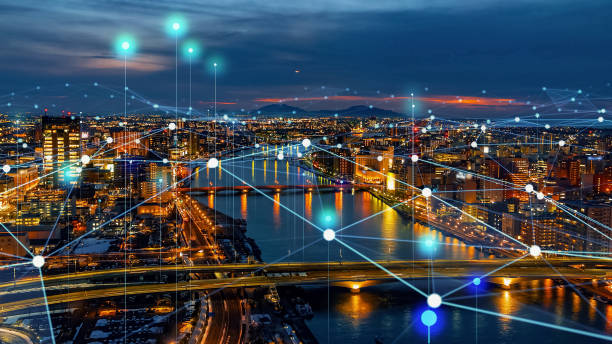Understanding the Role of Telecommunication in Smart Cities
As our world becomes increasingly interconnected and digitized, the role of telecommunications in shaping our urban landscapes is paramount. This article delves into the world of smart cities, examining how their development is intrinsically linked to advancements in the telecommunications sector.

Unraveling the Concept of Smart Cities
A “smart city” is a term for an urban area that uses different types of electronic methods and sensors to collect data. Insights gained from this data are used to manage assets, resources, and services efficiently. This concept has grown out of the advancements in the Information and Communication Technology (ICT) sector, and it is telecommunications that acts as the backbone of these developments.
The Role of Telecommunications in Smart City Development
Telecommunications play a vital role in the functioning of smart cities. They provide the necessary infrastructure for the transmission of data collected from various sensors deployed around the city. This data is then analyzed and used to improve the quality of life for city inhabitants, optimize urban services, and reduce costs and resource consumption.
Current Trends in the Telecommunications Sector and Smart Cities
In recent years, we have seen an increasing push towards adopting smart city solutions worldwide. With the rise of technologies such as Artificial Intelligence (AI) and Machine Learning (ML), we have witnessed an evolution in the way data is collected, transmitted, and analyzed. These trends have directly impacted the telecommunications sector, pushing for more robust and reliable connectivity solutions.
Challenges and Practical Applications
While the potential of smart cities is immense, there are several challenges that city planners and telecommunication providers face. These include data security and privacy concerns, the need for substantial investment in infrastructure, and the requirement for a skilled workforce.
Despite these challenges, the practical applications of smart cities are numerous. From improved traffic management and waste disposal to efficient energy usage and enhanced public safety, the advantages of smart cities are significant.
Final Thoughts
The crucial role of telecommunications in smart city development cannot be overlooked. Despite the challenges, the potential benefits of smart cities are enticing enough to continue pushing the boundaries of what is possible. As we move forward into an increasingly digitized world, it will be fascinating to observe how telecommunications will continue to shape our urban landscapes.





